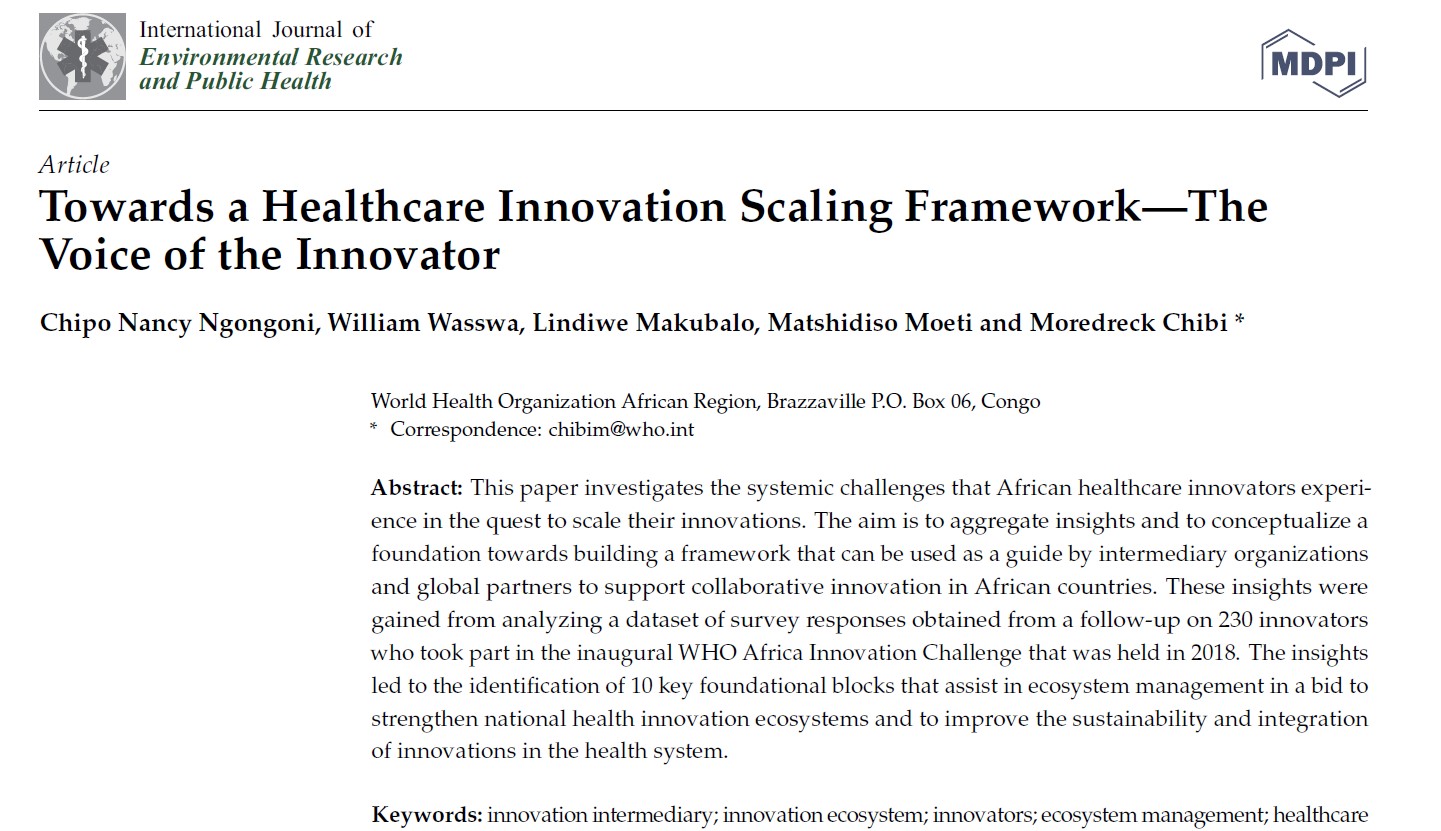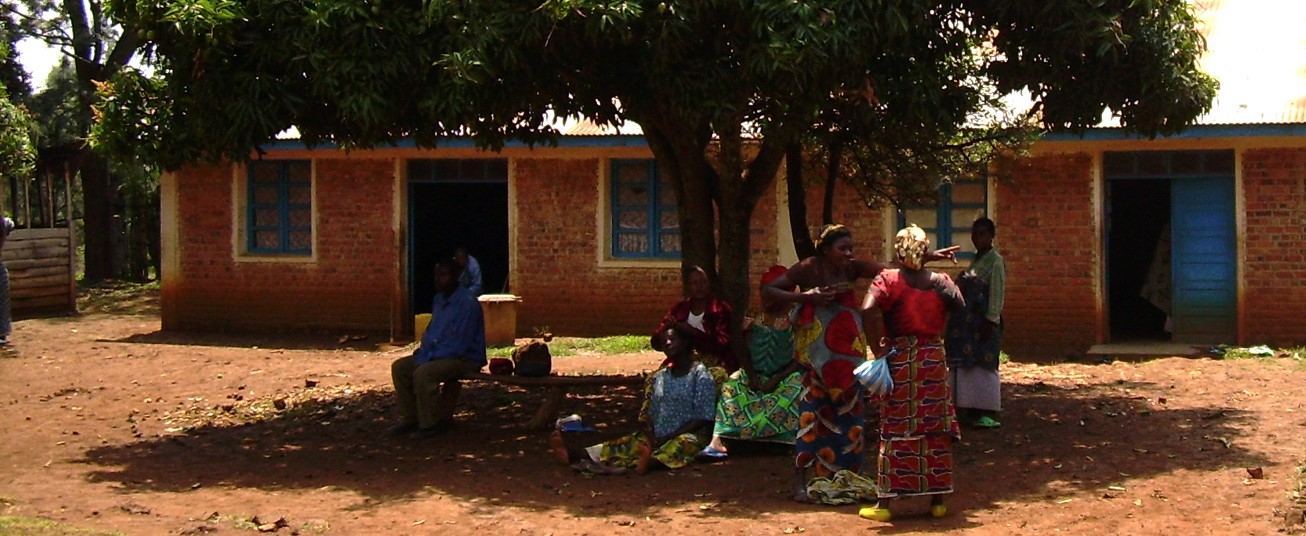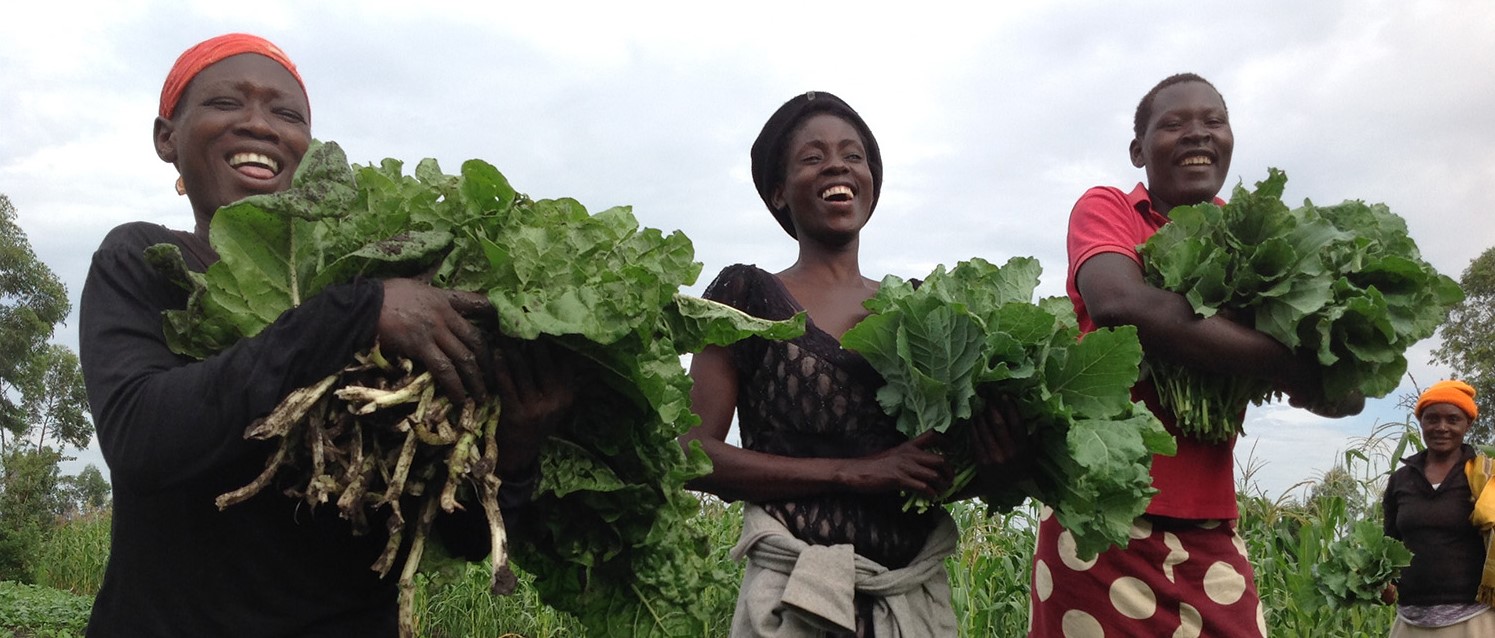The challenge of addressing NCDs and mental health conditions requires innovative, agile and sustainable solutions to ensure countries remain or get back on-track to achieve Sustainable Development Goal (SDG) 3.4 – by 2030, to reduce by one third premature mortality from NCDs through prevention and treatment and promote mental health and well-being.
Grassroots innovations that are contextualized and tailored to local health needs and gaps, particularly among vulnerable populations in low-resource settings, are increasingly recognized by WHO and global health stakeholders as essential in designing fit-for-purpose, sustainable and equitable solutions to health challenges.
However, despite being demand-driven, contextualized and responsive to local health needs, many grassroots innovations struggle to reach the scale required for sustainable impact. This is due to a lack of resources, knowledge, institutional support, effective stakeholder mapping and management, among other factors. Public sector adopters and implementers of innovative health policies and programmes, including Ministries of Health, are further deterred by the perceived complexity and risks associated with innovations. With the appropriate capacity-building support, not only can grassroots innovators be equipped with the right knowledge, skills and resources to achieve scale, but governments can also be supported in identifying and engaging with grassroots innovations to accelerate country progress towards related health outcomes.











